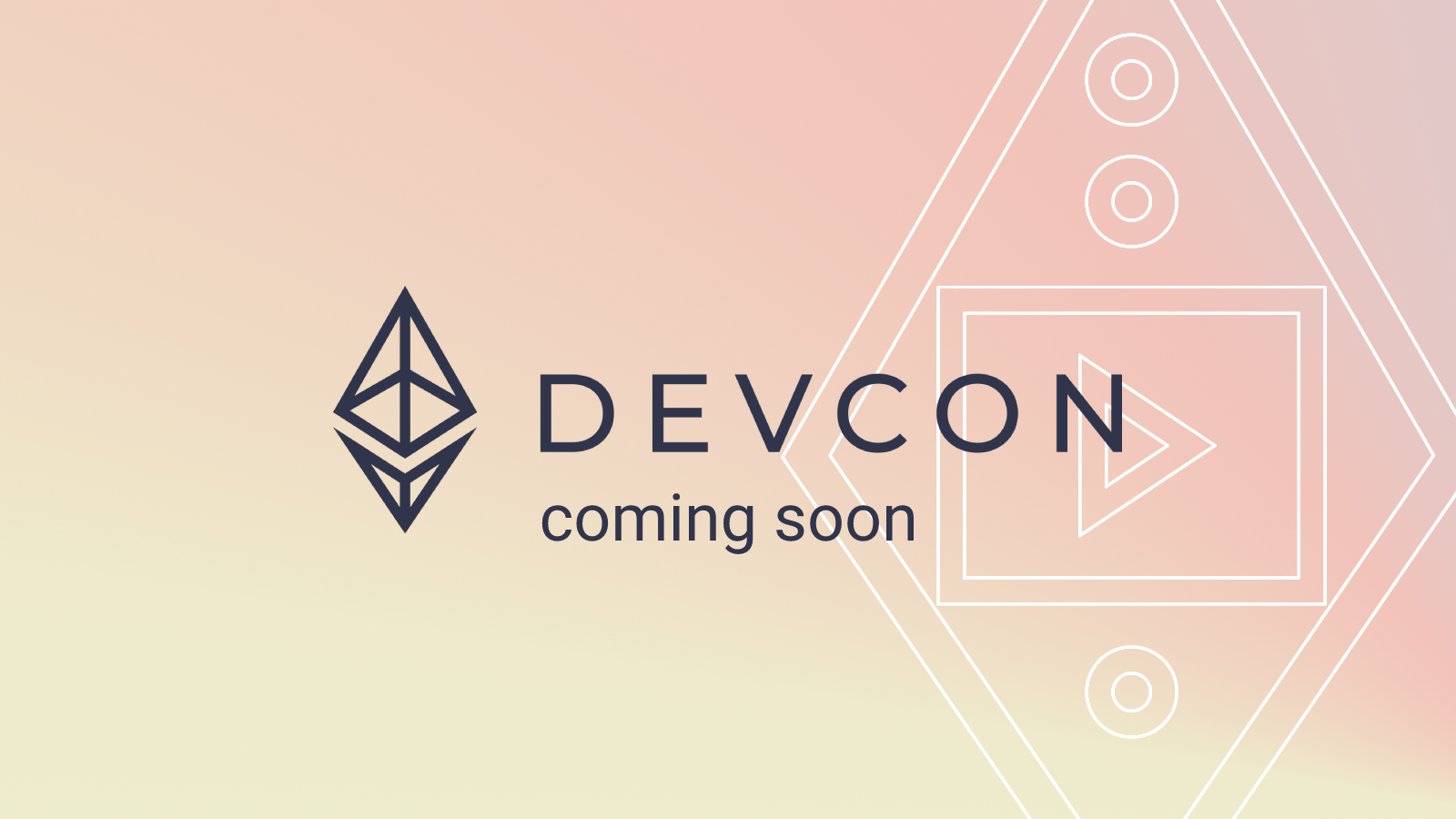devcon 7 / indistinguishability obfuscation io
- YouTube
- Details
Indistinguishability Obfuscation (iO)
Duration: NaN:NaN:NaN
Speaker: Barry, Tianyao Gu, B. L., Janmajaya Mall
Type: Workshop
Expertise: Intermediate
Event: Devcon
Date: Nov 2024
There has been a lot of recent progress and interest in iO (Indistinguishability Obfuscation). This session will cover topics from the basics to theory and attempts at practical implementations—plus ways of breaking these attempts.
Categories
- Related
![[CLS] Programmable Cryptography preview](https://img.youtube.com/vi/S6ixhGBnvKc/hqdefault.jpg)
Devcon
Mixed Formats
1:37:35
[CLS] Programmable Cryptography
The Programmable Cryptography CLS hosts a series of talks exploring how advanced cryptography can reshape digital infrastructure beyond blockchain and trust infrastructure. SCHEDULE: 10:00–10:20 AM, Justin Glibert / 10:20–10:45 AM, Vitalik Buterin / 10:45–11:10 AM, Albert Ni / 11:10–11:35 AM, Barry Whitehat / 11:35 AM–12:00 PM gubsheep
Justin Glibert, gubsheep, Barry, Albert Ni, Vitalik Buterin

Devcon
Talk
07:03
Maze - Aggregation Tool for Circom-PLONK Proofs
The session aims to demo Maze, a CLI-based tool for aggregating several circom-plonk proofs into a single aggregated proof developed using Halo2 library. The session will also include a high level explanation of aggregation of plonk proofs using Proof Carrying Data (PCD).
Janmajaya Mall

Devcon
Talk
23:16
hallucinated servers another prog crypto chip
An introduction to programmable cryptography, culminating in the dream of a "hallucinated server".
B. L.

Devcon
Talk
20:48
Scalable multi-party FHE with Phantom-zone
The talk introduces "phantom-zone", a framework to write scalable consumer facing MPC apps using multi-party FHE. Starting with what's multi-party FHE, talk gives a demo of non-trivial MPC app. Followed by introduction to programming model of MPC apps using multi-party FHE inside phantom-zone. Then the talk dives deep into primitives to realise multi-party FHE and ends with advanced FHE gadgets that further enhance multi-party FHE.
Janmajaya Mall

Devcon
Workshop
1:23:49
Multi-Party Fully Homomorphic Encryption (MP-FHE) in Practice
In this session, we will break down the FHE game Frogzone, which required advancements at every layer of the cryptographic software stack: cryptography libraries and tooling, circuits, software infrastructure, and even DevOps. We will also cover additional use cases for FHE at a technical level.
gubsheep, riley wong (they/them), Eduard Sanou, Han Jian

Devcon
Workshop
Programmable Cryptography from a Software Engineering Lens
Different cryptographic primitives have different affordances, especially when using them in practice, and especially together. In this session, we explore a new way of interacting with PCs at a software engineering level via a LISP like programming language. This language enables creating self-verifying graphs of computation.
Aayush Gupta, Justin Glibert, arnaucube, Ahmad, Kevin Kwok

Devcon
Panel
54:51
Multi-Party FHE for Multi-Player Privacy
Privacy is an unsolved challenge for blockchains and decentralized systems. ZK cryptography gets us there partially, but not all the way. ZK enables “single-player private state,” and certain other kinds of privacy are impossible to realize with ZKPs alone. Panelists, the cryptography library devs, infrastructure builders, and application devs who have recently started to explore programmable encryption will discuss MP-FHE as one such tool for achieving more general privacy capabilities.
gubsheep, Veronica Zheng, Eduard Sanou, Janmajaya Mall

Devcon
Workshop
1:30:28
Building Consumer Apps with Programmable Cryptography
0xPARC community developers will present apps built on top of the Programmable Cryptography stack, including FROGCRYPTO, Zupass, Meerkat, and many more. This session will also include a live workshop where you can learn to build your own, and there may be a cryptographic prize for those who complete the challenges…
Richard Liu, Austin Griffith, Rob Knight, Veronica Zheng, Forest Fang, Miriam Neubauer, Florian Dreschner

Devcon
Talk
23:47
Tending the Infinite Garden: Organizational Culture in the Ethereum Ecosystem
This presentation will discuss the findings of the academic paper "Tending the Infinite Garden: Organisational Culture in the Ethereum Ecosystem" by Dr. Paul-Dylan-Ennis and Ann Brody. Our study examines the decision-making processes fundamental to Ethereum's protocol governance, drawing on interviews with Ethereum's core developers. We identify a central worldview in Ethereum known as the "Infinite Garden" and discuss how Ethereum's social layer is crucial for upholding cypherpunk values.
Ann Brody

Devcon
Talk
25:17
Keynote: Programmable Cryptography and Ethereum
Programmable Cryptography is a "second generation" of cryptographic primitives - primitives that allow arbitrary programs to be executed "inside of" or "on top of" cryptographic objects. Programmable cryptography provides three key affordances that complement and amplify the affordances of Ethereum--verifiability, confidentiality, and non-interactivity. We'll discuss how these technologies can reshape the Internet over the next 50 years.
gubsheep

